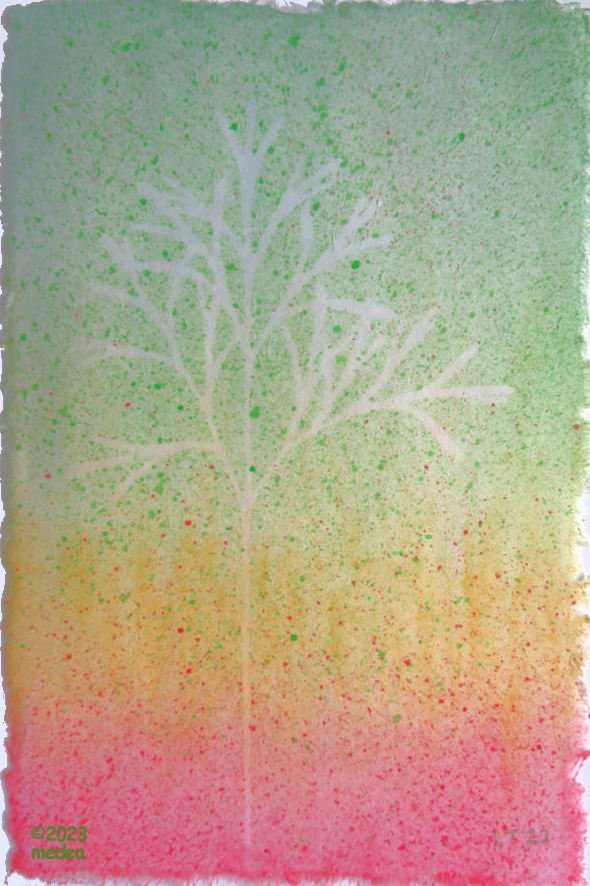
Fireworks on the street
cakes steaming over the stove
new pajamas
grandma’s taro pudding
lion dances and white cabbage
tea and melon seeds
the smell and feel of new banknotes
old Singapore
so long ago

Fireworks on the street
cakes steaming over the stove
new pajamas
grandma’s taro pudding
lion dances and white cabbage
tea and melon seeds
the smell and feel of new banknotes
old Singapore
so long ago

My father, in those sepia-tinted photographs,
looked forward to so much.
After so many disappointments,
he would rise like grass beaten by wind and rain,
then, bent by disease,
and, in the last insult by his own body,
taken by a stroke,
this gentle, unobtrusive man,
always in the background –
life seemed to get the better of him.
He was just a very ordinary man
who remembered all of us
by making meticulous notes of names,
birthdays,
significant events,
and cards given and received.
He did not chronicle the events of his life
nor did he write about himself,
but the things he left
show what he cared about
and how deeply he cared.
April 24, 1921 - October 1, 2007
Brain research tells us that when people start losing their memories, emotional memory is the most persistent. I didn’t know that when I wrote the following. Or perhaps I did know it and have forgotten.
Aug. 16, 1998
She remembers the twelve-year-old sleeping on the cot beside hers – warm, brown, and breathing loudly. But he’s gone, long gone. This stranger coming in now, carnations in one hand, a mason jar in the other, this tall stranger with the strong brown arms – who is he?
She remembers to smile: her mouth smiles, anyway. She asks what he’s been up to. Somewhere in that conversation, there is a spark, a remembrance of laughter, from mouth to eyes to brain to heart – the heart is another muscle and needs to be exercised.
It’s eight o’clock and the visitors are leaving. He leans over the bed and reaches his arms around her. He pats her on the back and she holds herself up straight. “I’ll try to come again. I’ll come again,” he says. “See you, mom.”
This stranger is gone, but the boy, where did he go?